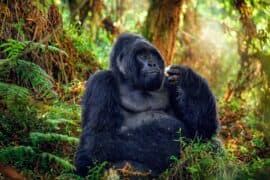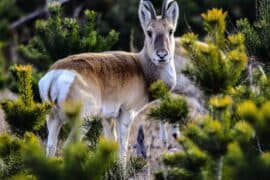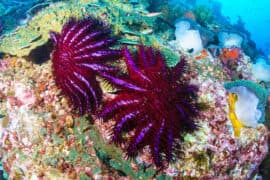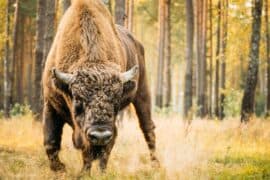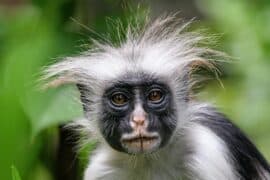Crab-eating macaque
(Macaca fascicularis)
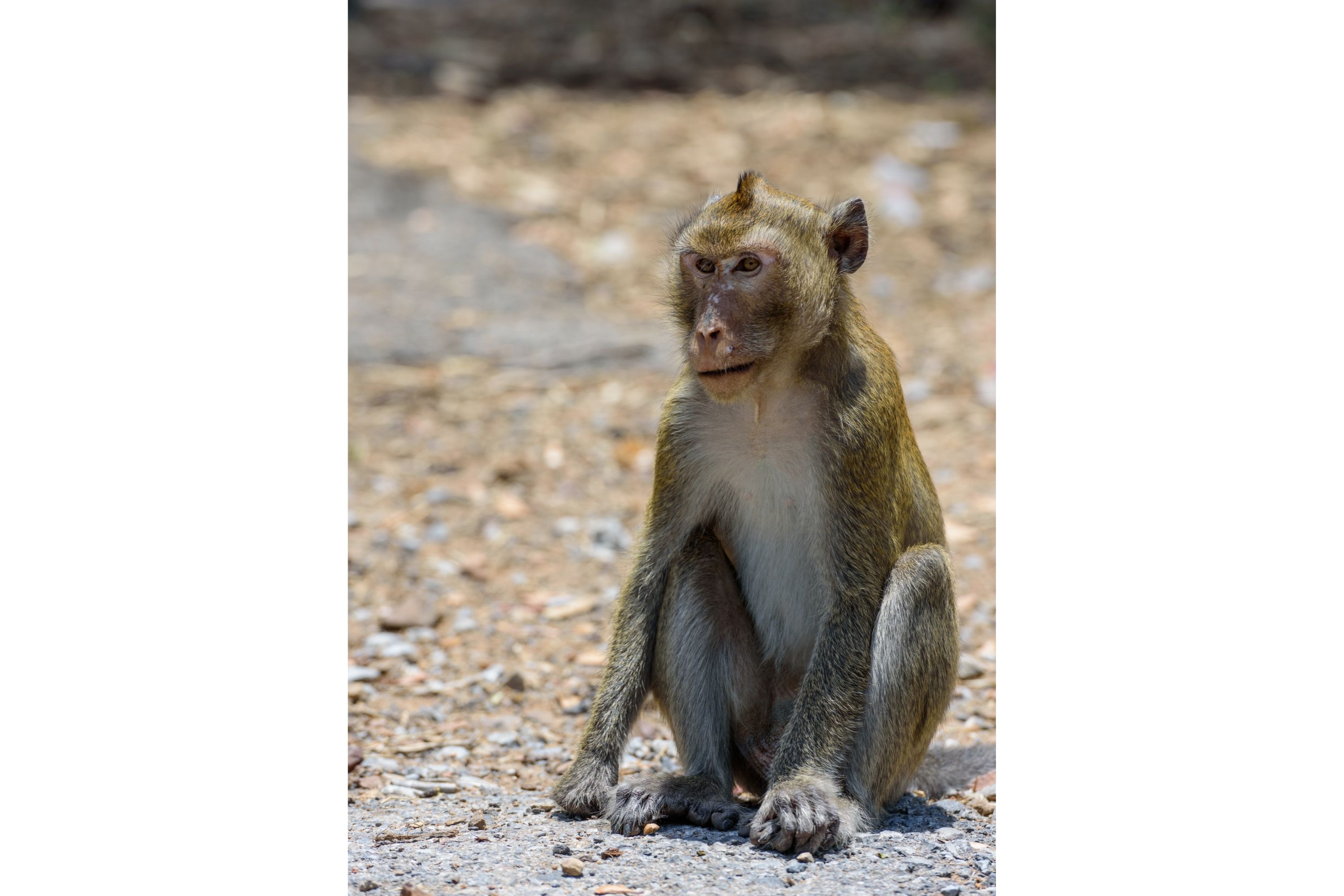
Description
The crab-eating macaque (Macaca fascicularis), also known as the long-tailed macaque and referred to as the cynomolgus monkey in laboratories, is a cercopithecine primate native to Southeast Asia. A species of macaque, the crab-eating macaque has a long history alongside humans; it has been alternately seen as an agricultural pest, sacred animal in some temples, and more recently, the subject of medical experiments. The crab-eating macaque lives in matrilineal social groups of up to eight individuals dominated by females. Male members leave the group when they reach puberty. It is an opportunistic omnivore and has been documented using tools to obtain food in Thailand and Myanmar. The crab-eating macaque is a known invasive species and a threat to biodiversity in several locations, including Hong Kong and western New Guinea. The significant overlap in macaque and human living space has resulted in greater habitat loss, synanthropic living, and inter- and intraspecies conflicts over resources. Macaca comes from the Portuguese word macaco, which was derived from makaku, a word in Ibinda, a language of Central Africa (kaku means monkey in Ibinda). The specific epithet fascicularis is Latin for a small band or stripe. Sir Thomas Raffles, who gave the animal its scientific name in 1821, did not specify what he meant by the use of this word. The crab-eating macaque has several common names. It is often referred to as the long-tailed macaque due to its tail, which is often longer than its body. The name crab-eating macaque refers to its being often seen foraging beaches for crabs. Another common name for M. fascicularis is the cynomolgus monkey, from the name of a race of humans with long hair and handsome beards who used dogs for hunting according to Aristophanes of Byzantium, who seemingly derived the etymology of the word cynomolgus from the Greek and the verb amelgein 'to milk', by claiming that they milked female dogs. This name is commonly used in laboratory settings.
Taxonomic tree:

